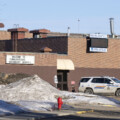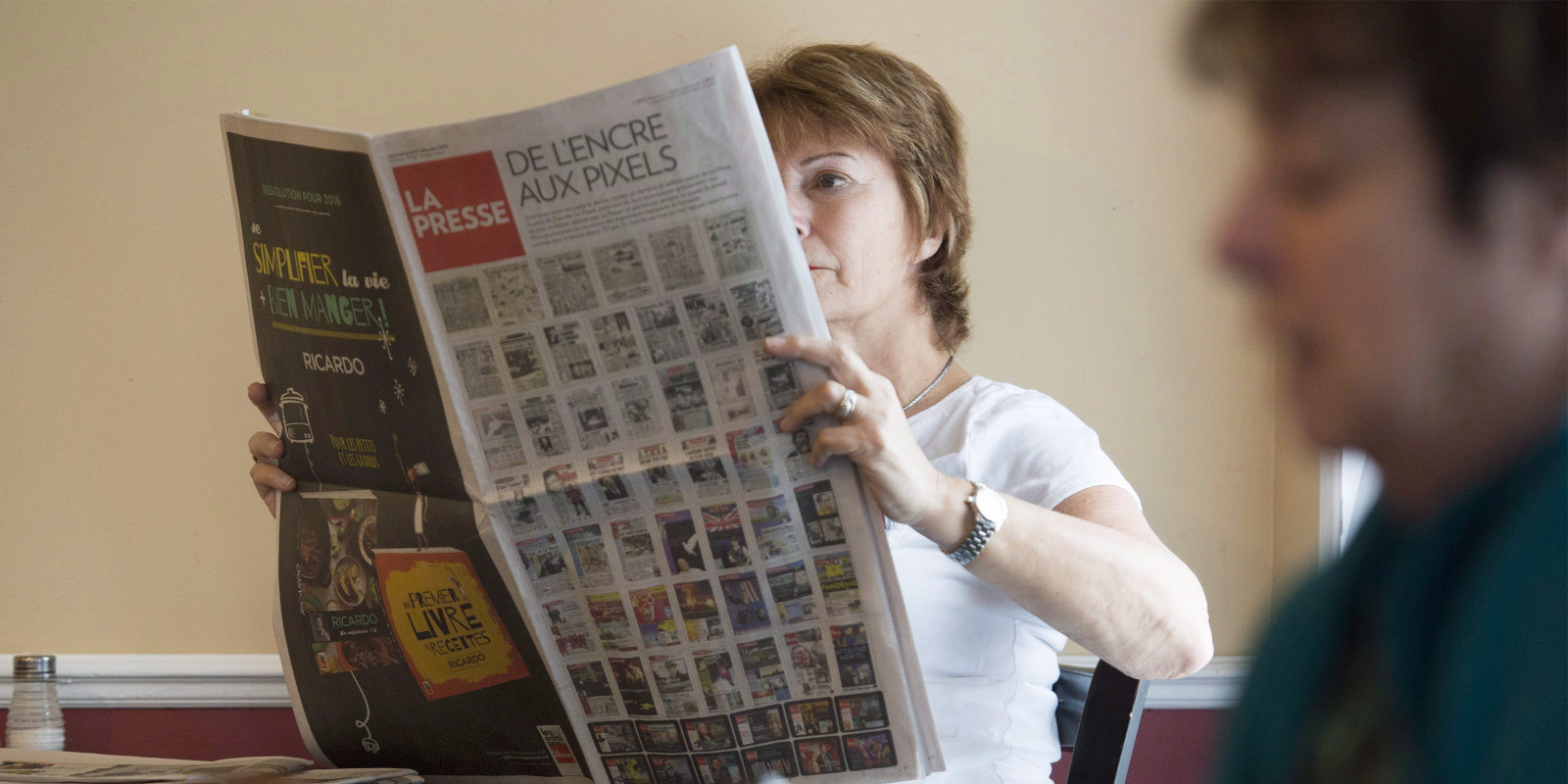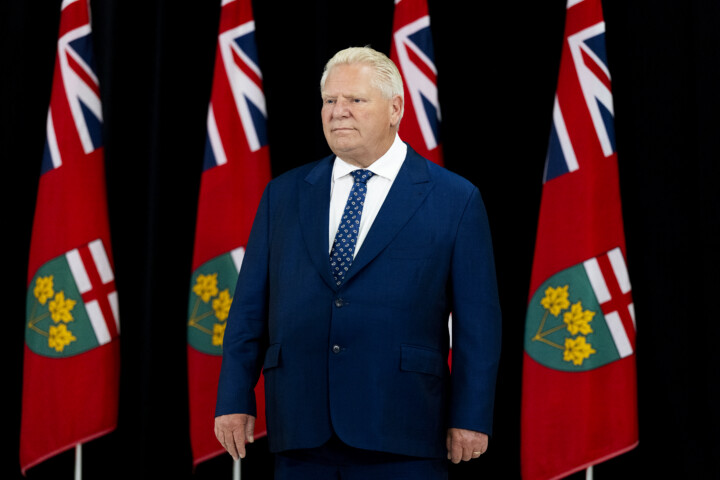The government’s online news legislation became law this week likely setting off a summer-long staring contest between two tech titans and Heritage Minister Pablo Rodriguez.
Meta, the parent company of Facebook, has already declared that news content will no longer be welcome on its platform as long as Bill C-18, which forces the tech companies to pay for any news content that appears in users’ feeds, is the law of the land.
Google has been slightly more circumspect about its next steps, although it has already run tests blocking certain news sites on Google News and has lodged strenuous complaints with the current state of the legislation.
With so much uncertainty, news junkies could be seeing the beginning of a new era of Canadian journalism, for better or for worse. Here’s what you need to know as the government gets to work on the regulations to accompany the legislation.
What to expect this summer
Facebook has already started blocking news content and vowed, as recently as April in an interview with The Hub that it would completely leave the market.
Critics of the bill have argued that, because it requires the tech companies to pay for every link on their platform, it essentially amounts to an unlimited liability.
“I think it is likely to be a tumultuous summer for those involved in the news industry. Unless the government backs off and puts a ceiling on Meta’s and Google’s liability we can expect to see a full shutdown of news links on their platforms by the end of the summer,” said Peter Menzies, a senior fellow at the Macdonald-Laurier Institute and former vice chair of the CRTC.
The legislation amounts to putting “a toll booth in front of every link for a news article,” said Kevin Chan, the global policy campaign strategies director at Meta, in an interview with The Hub in April.
“You can see why quickly that becomes untenable for us because we can’t control who puts it on the platform,” said Chan. “And so if we’re up against a rock and a hard place then we’re going to have to get out of the market.”
It’s not a ‘panacea’
Heritage Minister Pablo Rodriguez has said often that he doesn’t see this bill as a “panacea” to solve all the problems in the journalism industry.
The government has announced a bevy of initiatives intended to help media outlets, including a tax credit on labour costs, a tax credit for Canadians who subscribe to qualifying publications, and grants for local journalism.
Even experts who generally support Bill C-18 agree that it is, at best, a temporary solution or a single piece of a larger puzzle.
“The status quo where hundreds of millions of dollars are flowing from two private companies to some journalistic actors via contracts that are hidden behind NDAs is not a tenable situation,” said Taylor Owen, an associate professor and director of the Centre for Media Technology and Democracy at McGill University.
“As a citizen, I would like to know something more about the money that’s going from one single or two corporate actors to support through huge grants,” said Owen.

Where do we go from here?
The range of possible outcomes goes from Big Tech essentially banning news, to a world where tech giants are funding one-third of the journalism in Canada.
Menzies said he expects some kind of compromise, with the government tweaking the legislation through regulations.
“Hopefully (Rodriguez) will finally concede that Bill C-18 is just shockingly poor legislation and make the amendments needed in the regulations,” said Menzies.
“The problem is, even if he does, once the current supports for ‘newspapers,’ like the Local Journalism Initiative and the labour tax credit, expire after this year, the major companies will have less money next year than they do now. It’s a mess,” said Menzies.
Owen predicted that the most likely outcome is that several more countries follow Canada’s lead on this legislation and the tech companies grudgingly accept the new status quo.
“That’s probably the reality I see, is reluctant acquiescence broadly to the terms of these pieces of regulation that are going to look a little bit different in each country, but are probably going to be applied to cumulative countries with a billion people in it,” said Owen.
“This is not an idiosyncratic Canadian debate. This is a global conversation about how we protect funding and resources to our journalism sector,” said Owen.
Recommended for You

Auston Matthews doesn’t owe Canada a thing

Toronto, Montreal, Edmonton hit violent crime severity records, top-20 cities all see rises except Vancouver

If Canada wants stronger communities, it must make volunteering easier

After snubbing Don Cherry for over 40 years, the Order of Canada should drop politics and appoint him



